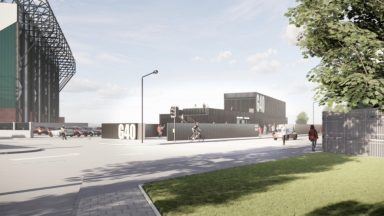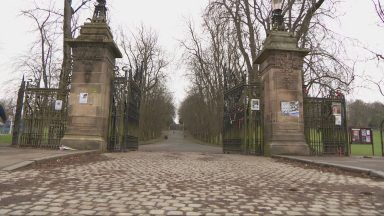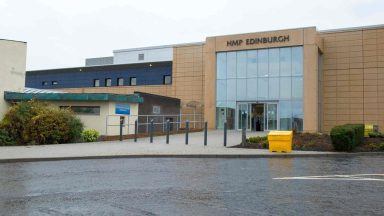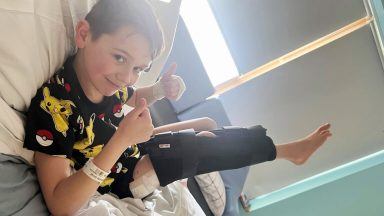Scotland’s largest health board has seen a sharp surge in Covid cases which has caused accident and emergency services to become “busier than ever”.
People in the NHS Greater Glasgow and Clyde (NHSGGC) health board have been warned to stay away from A&E unless their condition is “life-threatening or very urgent”.
The latest figures from Public Health Scotland (PHS) show that the number of Covid-19 cases in Scotland has risen by more than 40% in a single week, amounting to around one in 15 Scots.
There were 21,914 reported cases of Covid-19 in the week up to July 3, an increase of 42.5% from the 15,382 reported in the previous week.
On Wednesday, hospitals across NHSGGC reported 457 inpatients who reported positive for Covid in the last 28 days, up from 277 on June 21.
The health board, which according to the NHS provides for a population of 1.14 million people, said its hospital occupancy currently stands at 90.6%.
Dr Scott Davidson, deputy medical director for acute services for NHSGGC, said: “Our staff are working around the clock to make sure we continue to see the sickest patients coming to our A&Es but we’re over capacity.
“Services, quite frankly, are busier than ever, creating a bottleneck at the front door and, as a result, patients unfortunately are having to wait long periods of time to be treated.”
Instead of visiting the A&E department, patients have been urged to contact NHS Inform, NHS 24, pharmacists and their GPs instead to reduce the pressure.
“Unless it’s life-threatening or very urgent, do not come to A&E where you will likely wait many hours for treatment. Use your pharmacy, phone your GP or call 111 to access NHSGGC’s virtual A&E.
“You might still face a wait to use these services, but for most people, you’ll be seen much faster than if you come to A&E.”
NHSGCC said strains on the health service are also down to greater numbers of sicker patients coming to A&E as a result of holding off during the height of previous spikes in cases, and a current high level of staff absence due to Covid.
Dr Davidson added: “It’s absolutely crucial for the public to help us now by really considering how they access urgent care.
“Do you need to come to A&E or could you be better served elsewhere?”
Follow STV News on WhatsApp
Scan the QR code on your mobile device for all the latest news from around the country


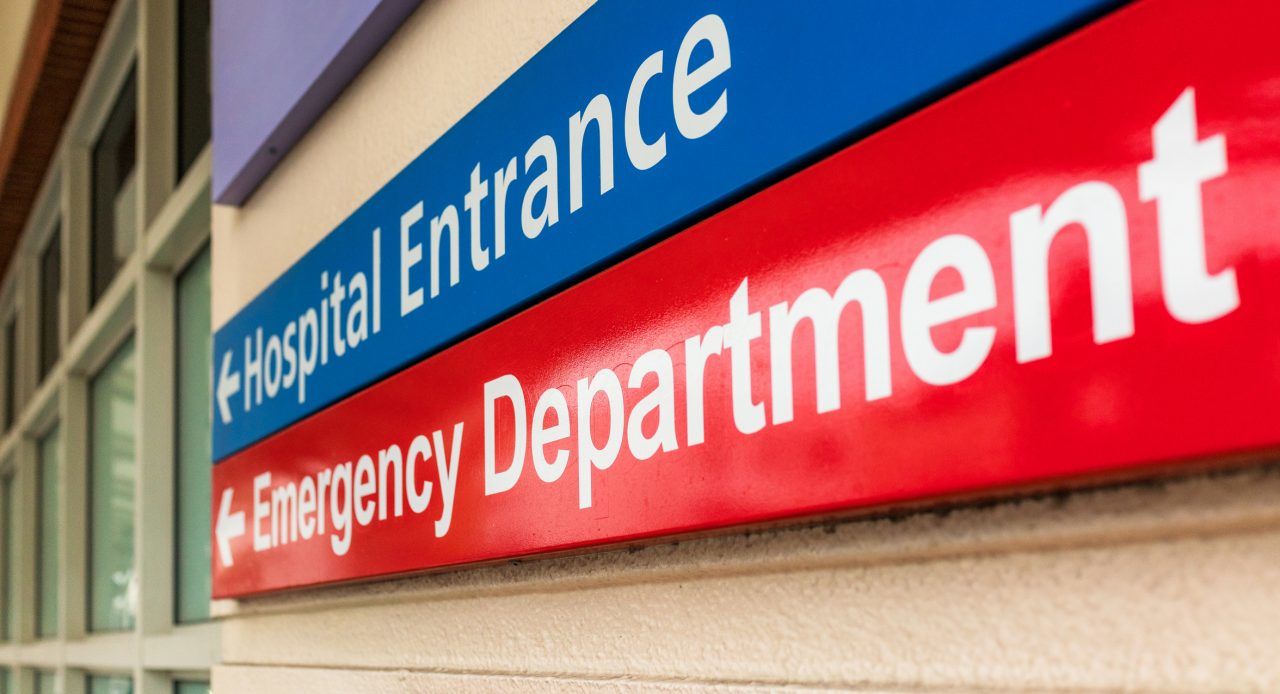 iStock
iStock















